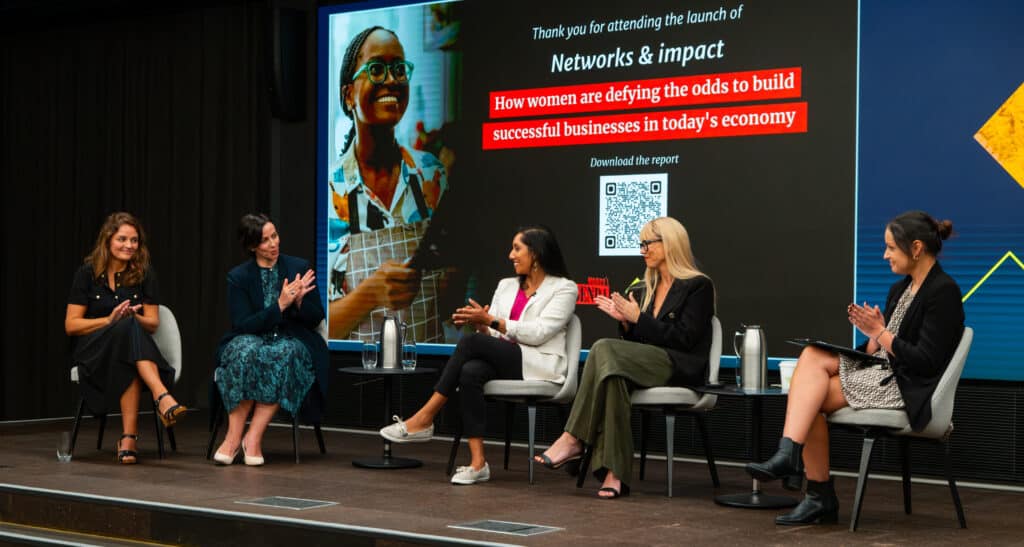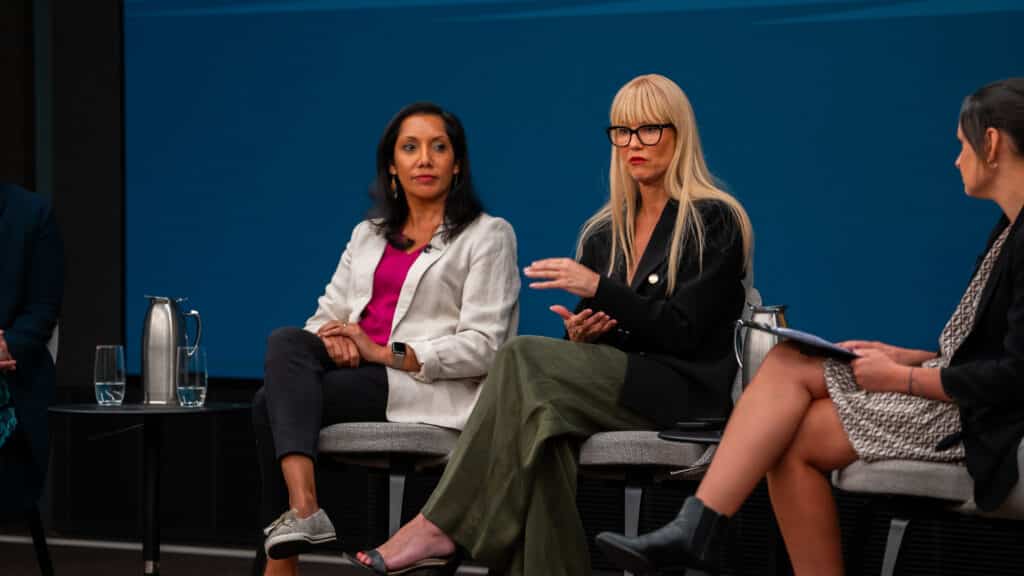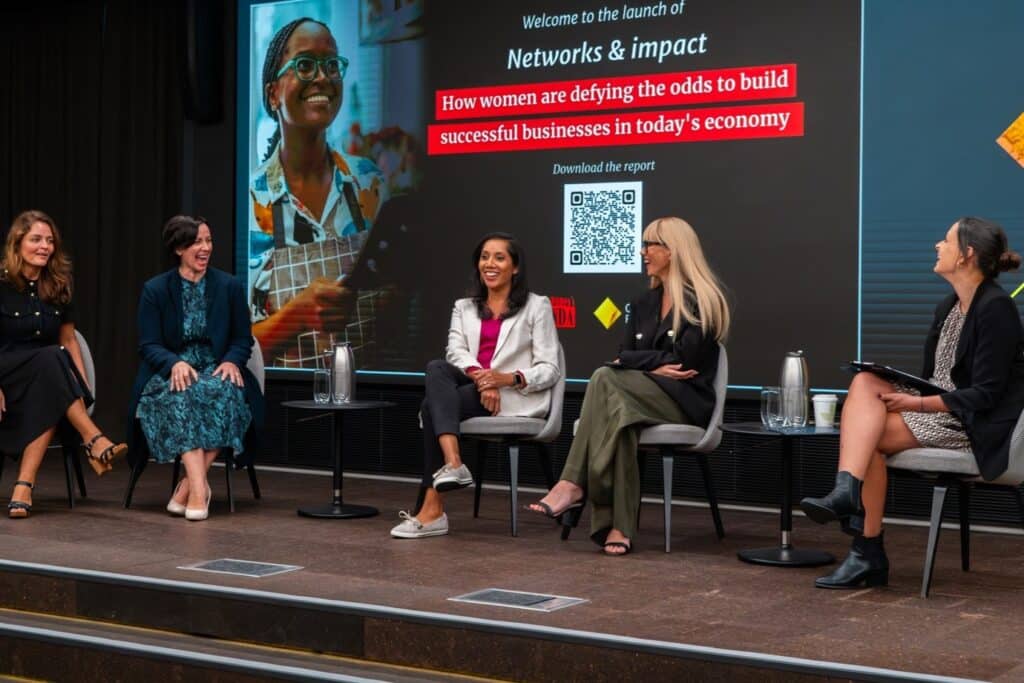One third of Australian businesses are led by women, and the numbers are only growing. Women are also more educated than their male counterparts and showing greater tendencies to innovate across social impact and the environment.
And yet, women founders still face significant barriers, including gaps in opportunities, networks, resources and investment.
It’s clear there’s not enough being done or policies taken to shift the status quo for women in startups and small businesses.
A new report from Women’s Agenda, in partnership with Commonwealth Bank and CommBank Women in Focus, is exploring how these issues can be resolved, where the opportunities lie and the potential that could be gained if women-led business ventures are taken seriously.
Detailed within the report, Women’s Agenda received more than 1,000 responses from business owners and startup founders identifying as women over the April 2024 period.

The findings reveal a multitude of experiences and insights from women across Australia, with one resounding theme echoing loud and clear: optimism and determination are the driving forces propelling these businesses forward.
Over 75 per cent of respondents have their sights set on expansion, with more than half intending to hire new talent in the next year.
And as a testament to the power of entrepreneurship as a force for positive change, a staggering 56 per cent of respondents are dedicated to making a tangible impact in areas such as care, health, social justice, and combating family violence.
However, inflation and cost-of-living is making this more difficult for most women, with 74 per cent citing these factors as their primary challenge towards growth. Over a third feel that government policies are having a negative impact on their business right now. And over 1 in 5 are struggling with talent shortages.
Gender-based barriers like bias from prospective investors or unpaid care obligations add an extra burden as well.
Amid concerns of a global recession, growing pressures such as these are mounting for women founders everyday.
“With every challenge comes an opportunity,” says Julie Mathers,a seasoned retailer, entrepreneur and CEO of Snuggle Hunny, on a panel for the report.
“I think this is almost one of the best times to run a retailer, or a business, because you become laser focused on your business,” says Mathers.
“I think there’s a huge opportunity, and if you can weather this fairly major storm we’re in at the moment, you will come out really strong and ready to go.”

Despite being in a period of great uncertainty, the survey shows that female founders are stepping up and making breakthroughs.
Data shows the top driver for success for female founders is access to networks, and more than 80 per cent say their biggest support is a network which may include other women entrepreneurs and stakeholders invested in their success as well as supportive closer connections.
“Business is a relationship game,” says Dr Elaine Stead, a venture capitalist with Main Sequence, speaking at the report’s panel.

Dr Stead is known for her enduring roles in Australian innovation and has an investment track record that extends to over 80 startups across Australia and the US and Southeast Asia.
She says that “where you do have capacity to try and leverage as much of your network”, it’s helpful to “lean on them as much as you possibly can”.
“Your first job as a small business owner is just to survive. So focus-priority number one is to survive just for this next little while– to try to get through this cost-of-living-crisis— and then you can think about thriving.”


